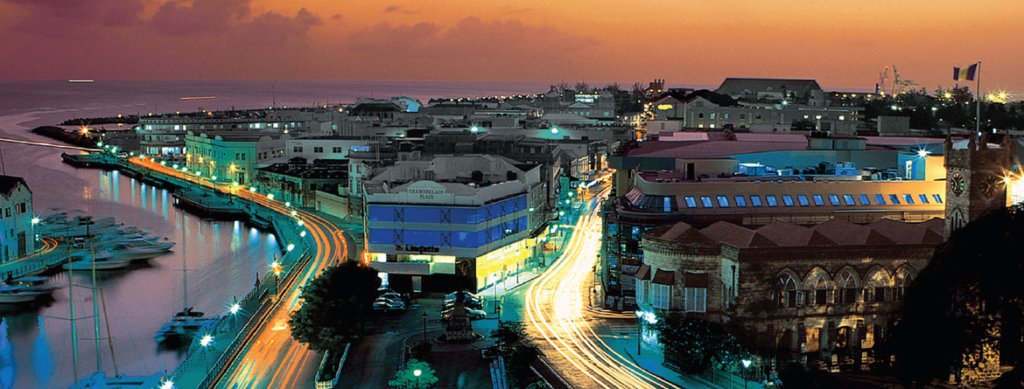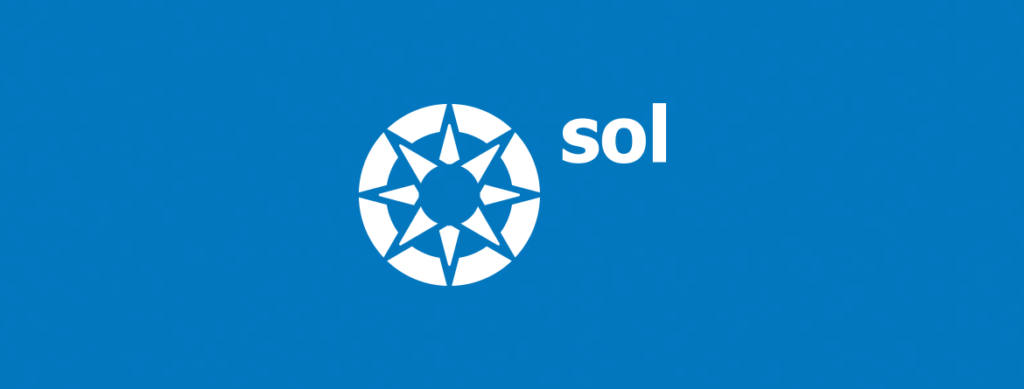What the proposed sale means for Barbadians
At Sol, our customers are our top priority and we have pledged our continued commitment to the communities we operate within. We are committed to providing you with credible, easily-accessible information surrounding the proposed Barbados National Terminal Company Ltd. (BNTCL) sale.
We have thus far respected the FTC’s investigative process as it relates to the proposed transaction and now that we have received a final ruling, we are reviewing the FTC’s decision regarding the transaction to determine how best to move forward with our proposal to purchase the BNTCL. Below, we are sharing our views and addressing queries as they relate to the transaction as proposed.
1. Will Sol be able to import petroleum products after the privatisation of BNTCL? BNTCL does not import, own or sell any petroleum products — it merely provides through putting services (storage and transfer of petroleum products). Ownership of BNTCL would not allow Sol to influence or control the importation of petroleum products, because this is the responsibility of the BNOCL — a separate, government-owned entity. Sol has not requested any right to exclusively import products as part of the transaction nor does it intend to.
2. Would Sol’s ownership of BNTCL allow Sol to control the pricing of fuel products? No. The pricing of any fuel products is, and would continue to be, the responsibility of the Government of Barbados, through the Division of Energy. If the sale were to be approved, the Government would retain regulatory oversight and control the final pump price to consumers.
3. Would there be any increase for consumers at the pump, as a result of the proposed sale? If there is an increase it would be minimal. For consumers filling up on an average 45-litre tank, the proposed increase in throughput fees would translate into approximately BBD 0.02 (2 cents) per litre on gasoline and BBD 0.014 (1.4 cents) per litre on diesel at the pump. This means that four full tanks a month would result in an increase of less than BBD 5.00 per month to the average consumer.
4. What would be the government’s role in BNTCL after its sale? It has been stipulated in the sale and purchase agreement that the Barbados Government will be issued with a ‘Golden Share’ which would allow it to maintain some control over the use and operation of BNTCL in the interest of the Barbadian public. From the onset of the transaction, Sol has advocated for the regulation of BNTCL’s throughput fees. The Government of Barbados, however, would need to establish the necessary framework for such regulation of BNTCL’s throughput fees post-merger.
5. What structures would be in place to ensure that the current competitive landscape is maintained? Sol has suggested to the FTC (and is open to any suggestions from the FTC) to have conditions imposed on the merger which will address any competitive concerns pertaining to the transaction. Sol is willing to enter into binding agreements with the approved users of the BNTCL terminal and with the FTC in order to set definitive and fair operating standards to which the BNTCL terminal will be bound, and to ensure that all customers of the terminal, including Sol’s direct competitors, are adequately serviced on fair and non-discriminatory terms.
6. How would the foreign exchange generated by this sale affect Barbados? The sale of BNTCL to Sol allows the Government to realise necessary foreign exchange to bolster a fragile foreign reserve position. As Barbados is currently below investment grade as a result of recent downgrades, an increase in foreign exchange reserves would help investors look more favourably towards Barbados as an investment destination.
7. Will Barbadians be allowed an opportunity to invest in BNTCL? The sale of BNTCL allows the public of Barbados to participate with a 35% ownership interest through an initial public offering. Under Sol ownership, the BNTCL will be a public company and Barbadians can become investors in its business. This creation of a new public company is extremely significant as it would give Barbadians an opportunity to receive benefits as a result of the sale of the BNTCL.
Our dedication to this country remains steadfast and we will continue to look for ways to better respond to the needs of our most valued stakeholders – the Barbadian people. Sol is, of course, in the business of petroleum, but first and foremost, we are in the business of people.


